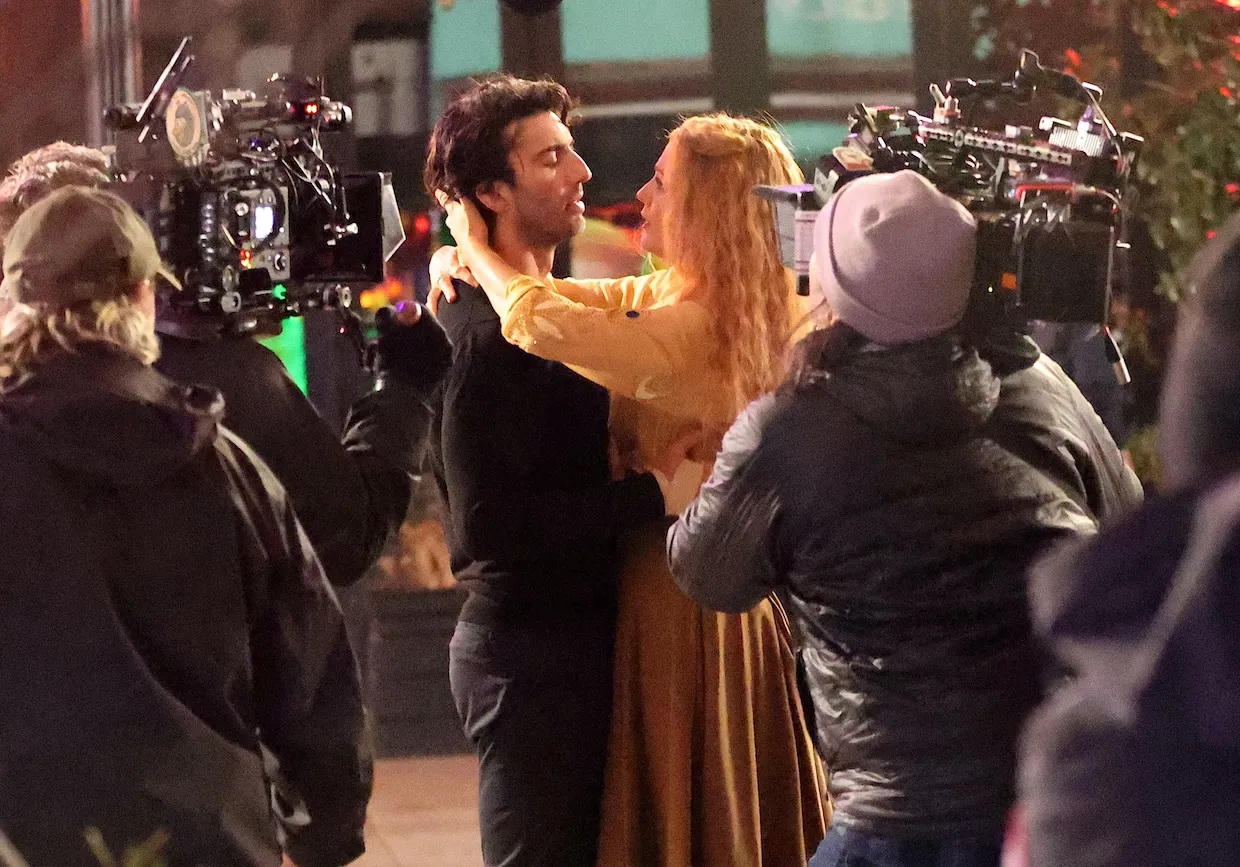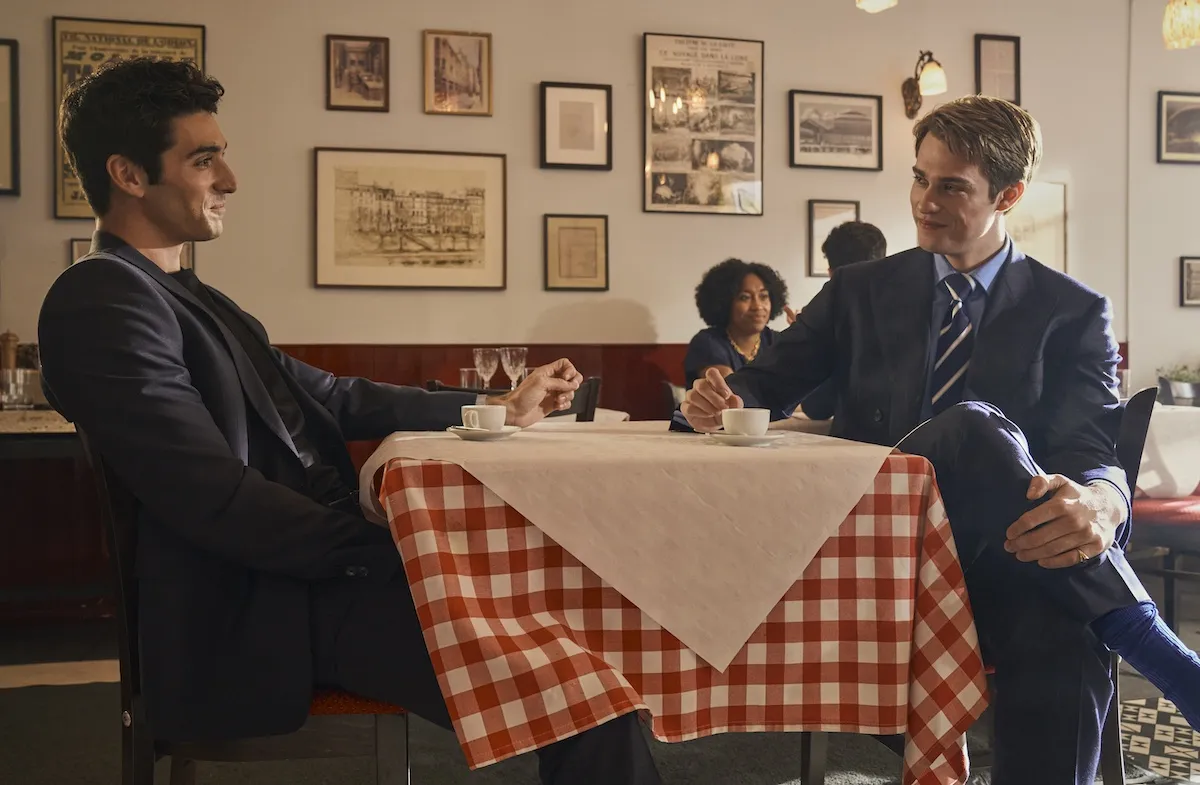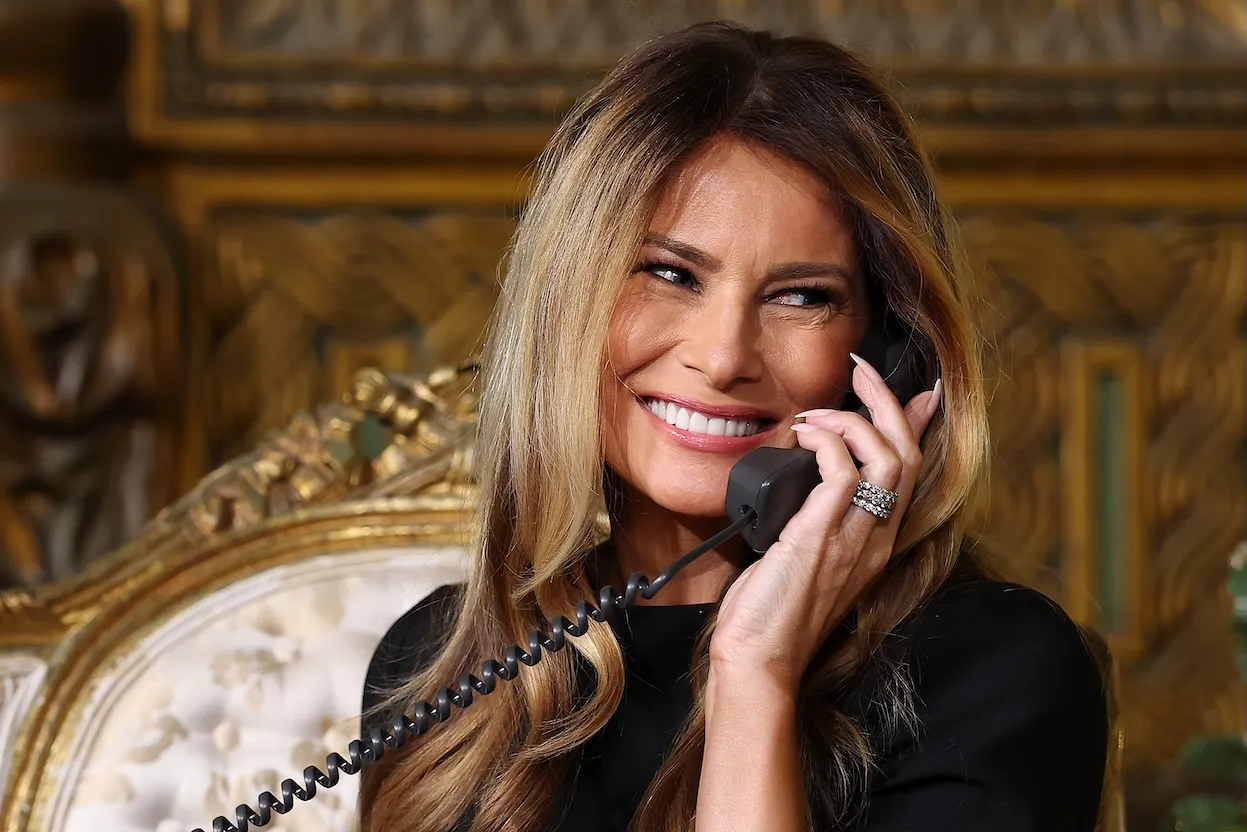How Disney Plans to Fight Scarlett Johansson’s ‘Black Widow’ Lawsuit
Disney has made no secret of the fact that they’re going to fight Scarlett Johansson over her Black Widow breach-of-contract lawsuit. Within hours of Johansson’s filing last Thursday, Disney fired back with a statement calling the movie star “callous.” But what’s their plan for combating the suit?
Johansson filed in Los Angeles Superior Court last week

The crux of the mounting conflict is the lawsuit Johansson’s legal team filed in court on July 29th. Johansson alleges that her paycheck, which depends largely on physical box office performance, was shortchanged by Disney’s decision to stream Black Widow on Disney+ alongside its theatrical release. Johansson’s team called it a “cannibalization” of ticket sales, resulting in a potential $50 million loss for the actor.
“Disney knew that the cannibalization of [box office receipts] by Disney+ would save Marvel (and by extension, Disney) ‘very large’ amounts of money that it would otherwise owe Ms. Johansson,” the lawsuit reads. The movie was released for $30 per viewing on the platform.
The decision to release the first Marvel Cinematic Universe: Phase 4 offering via Disney+ was a surprise move. For over a year, Disney claimed Black Widow would get an exclusively theatrical release. According to Vulture, Johansson’s contract expressly stipulated a theatrical-only release in at least 1,500 theaters, between 90 and 120 days. Disney, Johansson’s team claims, felt that growing their subscriber base on Disney+ was more important than honoring Johansson’s contract.
Disney’s statement calling Johansson’s suit “callous” in the face of the Coronavirus (Covid-19) pandemic sparked a passionate argument of defense by CAA agent Bryan Lourd and an accusation of a “gendered character attack” in a joint statement by Times Up, ReFrame, and Women in Film.
An email confirmed Johansson’s ‘Black Widow’ claims
Vulture’s reports states that an email included in the suit confirmed that Disney did promise a theatrical-only release. The email between Johansson’s lawyer Kevin Yorn and Marvel Studios’ counsel David Galluzzi even states that any changes to the plan for release would be communicated to Johansson.
“It is 100% our plan to do a typical wide release of Black Widow,” states the email in part. “We have very high expectations for the film and are very excited to do for Black Widow what we’ve just done with Captain Marvel.”
Further into the email, the communications specify that Marvel and Disney understood Johansson’s specific terms. “We totally understand Scarlett’s willingness to do the film and her whole deal is based on the premise that the film would be widely theatrically released like our other pictures,” Galuzzi’s email reads. “We understand that should the plan change we would need to discuss this with you and come to an understanding as the deal is based on a series of (very large) box office bonuses.”
Disney is expected to invoke ‘force majeure’ in its defense
Vulture cited a “top entertainment-industry attorney” in saying that Disney would likely claim ‘force majeure’ in its defense — a clause stating that in the event of an “act of God” or another unpredictable emergency, involved parties are free of liability.
“[And] the studio is saying, ‘Well, hey, this is COVID-related,” Vulture’s source said. “This is a force majeure. This is something that wasn’t anticipated and that we can’t do anything about.’ They’re going to say, ‘Look, if we only put it in theaters, we knew we were going to lose money. We planned on this but we didn’t know how COVID would be.’”
Whether or not Disney’s defense will work in its favor is yet to be seen. But it is already, without doubt, a historically acrimonious battle.


